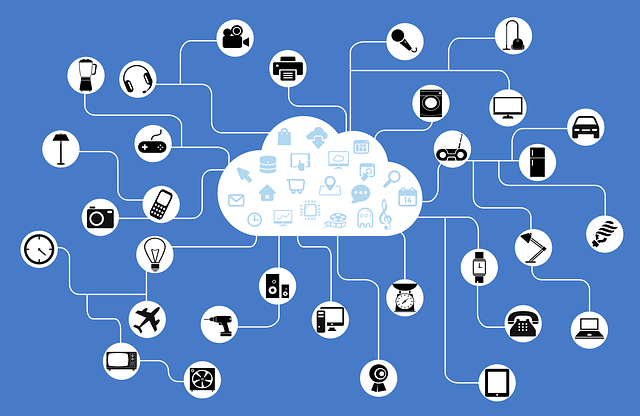I received an ad promoting the potential 40% savings on my auto insurance if I agree to have dozens of variables about my driving recorded. They don’t tell you that your auto insurance rates could skyrocket, too, based on the same data. This information will be used to investigate accidents, and as often as not, it will be used against you. What I am fairly certain will occur is that the data will end up mined by business and government for their profit. If your insurer will already penalize you for hard stops and speeding, eventually governments will mine the same data and send you tickets for speeding even if it is weeks after the actual offense.
The IoT is heralded as the future of the internet, expending the connected network of computers down to sensors and devices at all levels. The massive data collection can’t be supported by 4G technology, and even 5G would struggle to meet the load. This is already being dealt with through the rise of computing by the source, microcomputers essentially processing the data and sending the summary reports up the line, whether that is to the cloud or the manufacturing dashboard monitored by a human.
These local data processors are going to get hacked to send out malware eventually. They’re also ripe for exploitation and malicious attacks, whether it is a corporate rival hacking it to cripple the company, ideologically motivated hackers who want to cripple the equipment, or the traditional “let’s see how much damage we can do!” variety.
This is going to filter down to the average person in a number of ways, and smart home technology pushed by your utility company is its way in. I have a smart thermostat, but I don’t have a Nest. I receive reports from my utility provider on how much power I use for each hour of the day along with comparisons they think will drive me to save energy. There is technology in the works that would allow utility providers to reach down the line and turn non-essential appliances off when there is an emergency. This technology would allow them to turn off pool pumps, big screen TVs and other power hogs without cutting power to essentials like Grandma’s oxygen machine and a bed-ridden person’s monitors. I’ve already heard theoretical discussions on what you could sell to stop the utility or state (I’m looking at you, California) from turning off your equipment because they want to prevent a brownout from turning into a blackout.
I realized there are other ways that same data can and will be used against us. It is typically illegal for the average person to recharge the refrigerant in their own refrigerator. The future of smart appliances already includes scenarios like “It calls for service for you” and “It reminds you of maintenance tasks you can do.” Building in maintenance logs by professionals is a logical next step. Manufacturers recognizing and tracking of company-approved repair personnel doing work versus DIY repairs is going to come next. They’ll love to be able to void a warranty because the smart appliance recognizes you tried to fix something yourself or deferred recommended maintenance. Next comes recognizing when you or someone did work you shouldn’t do like illegally adding refrigerant or failing to maintain it at peak condition. If we could get tickets for speeding because of data recorded by our cars, are we going to get tickets for environmental sins because of similar data collection by smart appliances?
“Sir, your refrigerator sensors alerted us to a refrigerant leak that’s been unaddressed in a week. That’s a $75 fine.”
“No, no, it is fridge coil cleaner, I swear! It’s lots of dust, here, I’ll show you!”
These sorts of reports get all the more confusing when you learn how often the sensors error out, an issue often solved by power-cycling the smart appliance. Yes, rebooting your oven and fridge may clear the sensor error. And for those afraid the device has data on them, power cycling the appliance may be a saving grace. The hard reboot via a circuit breaker will at least keep the stove that’s beeping since you ran a self-cleaning cycle to stop the infernal racket and, perhaps, prevent the central console from calling 911 because the oven thinks it is 800°.
Or it could be something more mundane like a smart dishwasher reporting repeated leaks that waste water that you don’t address, your pool pump telling the city you ran it when they begged people to cut power usage, or your smart home system ordered to tell the city when you watered the yard.
Depending on the ongoing court case arguing whether or not you’re allowed to change the software on a John Deere tractor, companies could end up monitoring the software on your smart appliances and punish people for hacking their own devices. This would be true whether limiting the data collection or trying to add features.
Before someone asks why I am such a pessimist, it is partially because of the decade I’ve spent working in tech support for IT and engineering. If we build smarter technology, anything it learns can and will be used against us … and it would already be in your home.
****
Photo by jeferrb (Pixabay)



Comments
Leave a Reply